Who? Hannah Brown, senior solicitor at Richard Buxton, Cambridge.
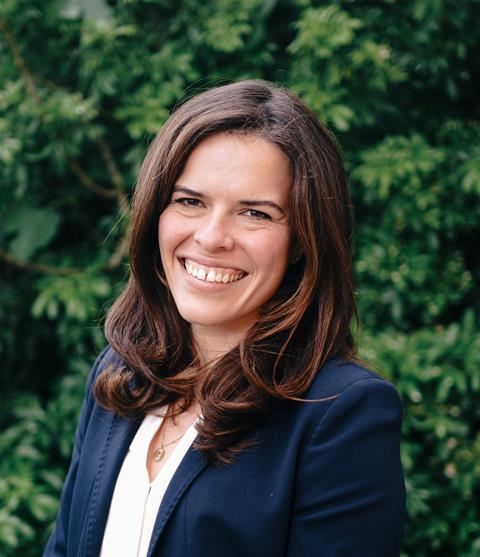
Why is she in the news? The firm represented Open Spaces Society, which was permitted to intervene at the Supreme Court in support of the Dartmoor National Park Authority’s argument that wild camping is part of a broad right of open-air recreation granted to the public.
Thoughts on the case: ‘Following the High Court loss, it was important for the Open Spaces Society to ensure the court was fully informed on the history of the Dartmoor Commons Act 1985 but also the impact of any interpretation on wider legislation. Supported by counsel operating pro bono, and the usual position of no adverse costs risk for interveners, the decision to apply was clear. We were particularly pleased that the Supreme Court found that the interpretation presented by the appellants that “open-air recreation in question can only be in forms which are pursued by proceeding on foot or on horseback” was untenable. Such an interpretation would not only have prevented wild camping but also [activities] which included leaving one’s feet, such as “having a picnic… birdwatching, sketching the landscape, flying a kite… [and] having a family game of kick-the-can”. Ultimately, the court’s signal that this interpretation was “absurd” should give clarity and allow the national park to consider what restrictions should be imposed but also how the wider access legislation should be interpreted.’
Dealing with the media: ‘As Dartmoor is one of the few areas in England and Wales where wild camping is permissible, its potential curtailment resulted in significant public interest. This expanded beyond the confines of the litigation into campaigning for wider access to the English countryside. Although recognising the potential precedent, it was important for us to ensure that the Open Spaces Society, and its in-house expertise, were rightly acknowledged in its involvement and, prior to the judgment being made public, there were no inadvertent leaks (given the potential sanctions).’
Why become a lawyer? ‘Working as a claimant environmental lawyer is intellectually stimulating. It also allows me to pursue my interest in the natural world and meet passionate people while hopefully doing some good.’
Career high: ‘Being part of the Friends of the Earth team in Finch v Surrey County Council on the need for planning authorities to consider indirect downstream greenhouse gas emissions. Attending the Supreme Court while more than seven months pregnant added to the drama. Reading the (successful) judgment, while holding my baby, was pretty good.’
Career low: ‘Although losing cases is inevitable, where there is usually a real-world impact on the loss it often hits hard: the tree is felled; the community facility is lost; the habitat destroyed.’

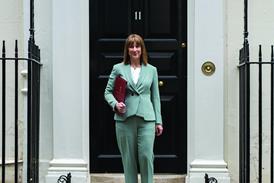

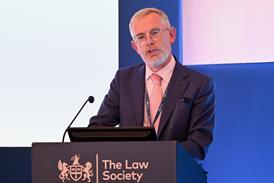
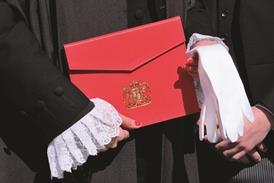











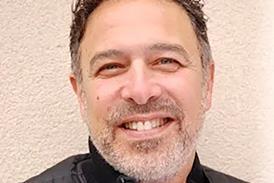
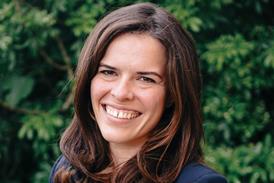
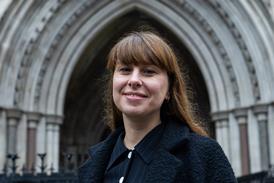
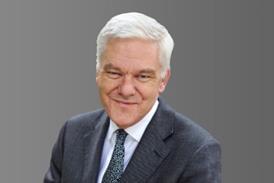










No comments yet